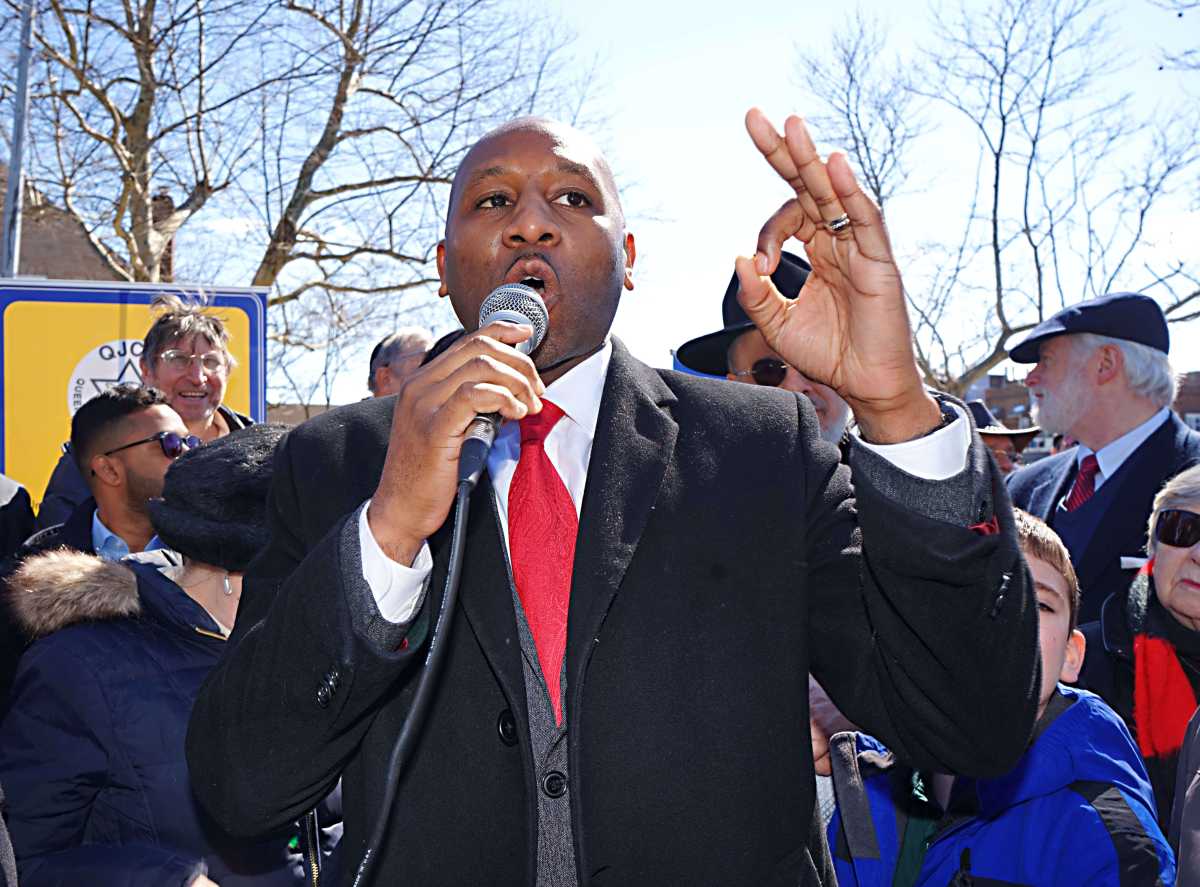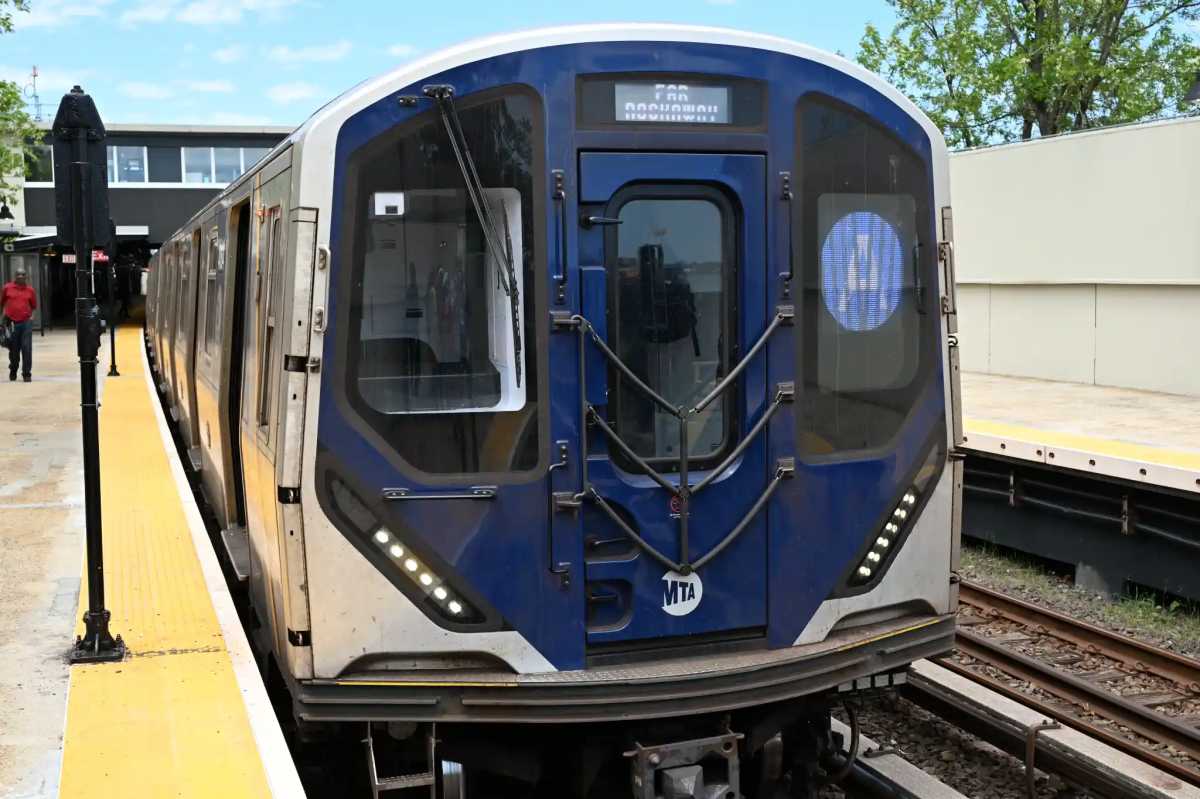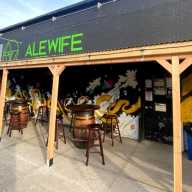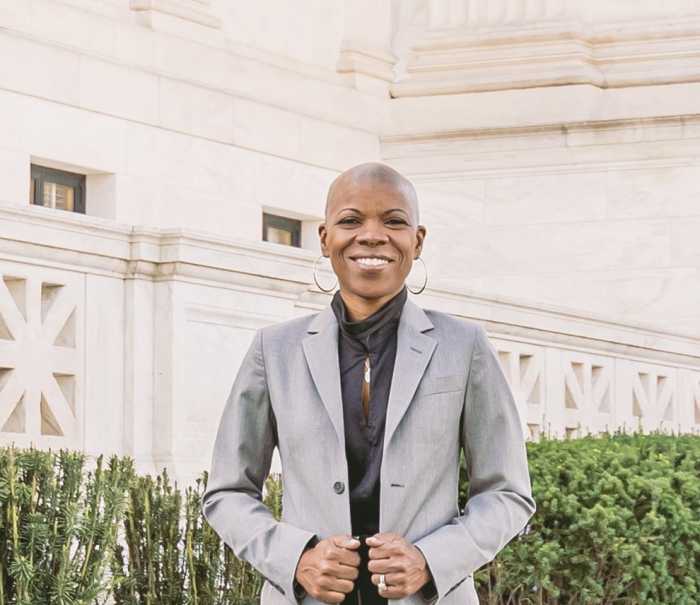Last year, the City Council passed a law that for the first time officially recognizing community land trusts and allowed the city to enter into regulatory agreements with this form of tenant-owned housing. Now, Queens Councilman Donovan Richards trying to expand the resources to make this a form of ownership a reality as soon as possible.
“The idea is to get very aggressive,” Richards said.
Richards recently sponsored a City Council initiative for this year’s budget that would ask for an estimated $850,000 worth of resources to go to efforts that would help community land trust advocates get organized.
“The nearly million dollar ask that we have this year is going to really enable us to build out even more capacity. But more importantly now that HPD and the city is actually recognizing and community land trust as a tool, we want to be prepared to organize communities,” Richards told QNS. “There’s a lot that goes into engaging stakeholders, promoting community land trust, educating them, educating the public on what it is. And then more importantly is establishing boards for communities like the Rockaways.”
Where does Richards interest in community land trust stem from? He wants them for Edgemere, the Rockaway neighborhood facing Jamaica Bay that was neglected for decades by the government.
There’s acres of land of city-owned land, acquired between the 1970s and 1990s, available in Edgemere. In 1997, the city began a plan to create over 800 units of affordable housing on that available public land, but it only got through about 300 units before the Great Recession halted development in 2008.
“So you literally have hundreds of lots open in Edgemere right now that have the capacity to have homes put on them. But more importantly, an opportunity for us to preserve that land at least for a hundred years. Even as the market changes in Rockaway,” said Richards.
In 2015, Richards helped launch the Resilient Edgemere Planning Initiative, a Department of Housing Preservation and Development plan which contains an initiative to identify city-owned sites that could be used for CLTs. Now he thinks it’s the time to push that initiative forward.
Richards says he sees CLTs as an important solution to relieving the effects of predatory speculation because it takes the city’s overwhelming focus on subsidizing rentals, and it allows removes them from the speculation process by building them public land.
Richards says that he feels confident that the council is inking toward a deal on CLTs.


































